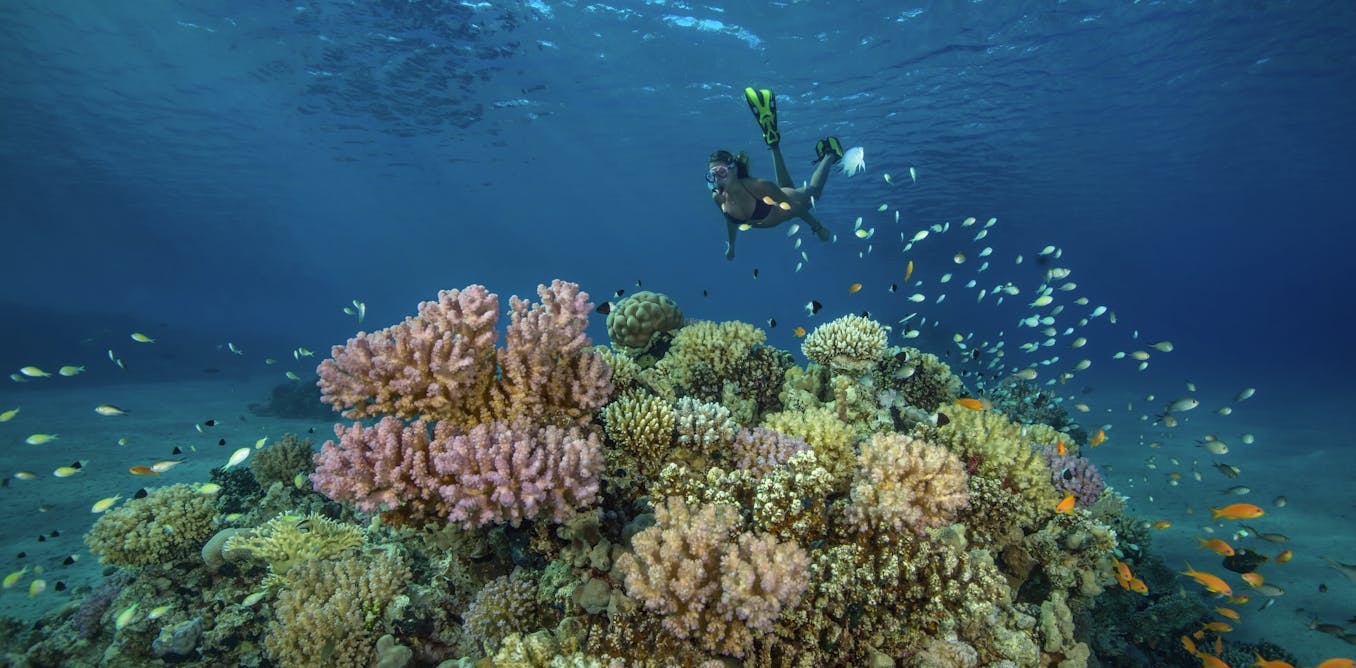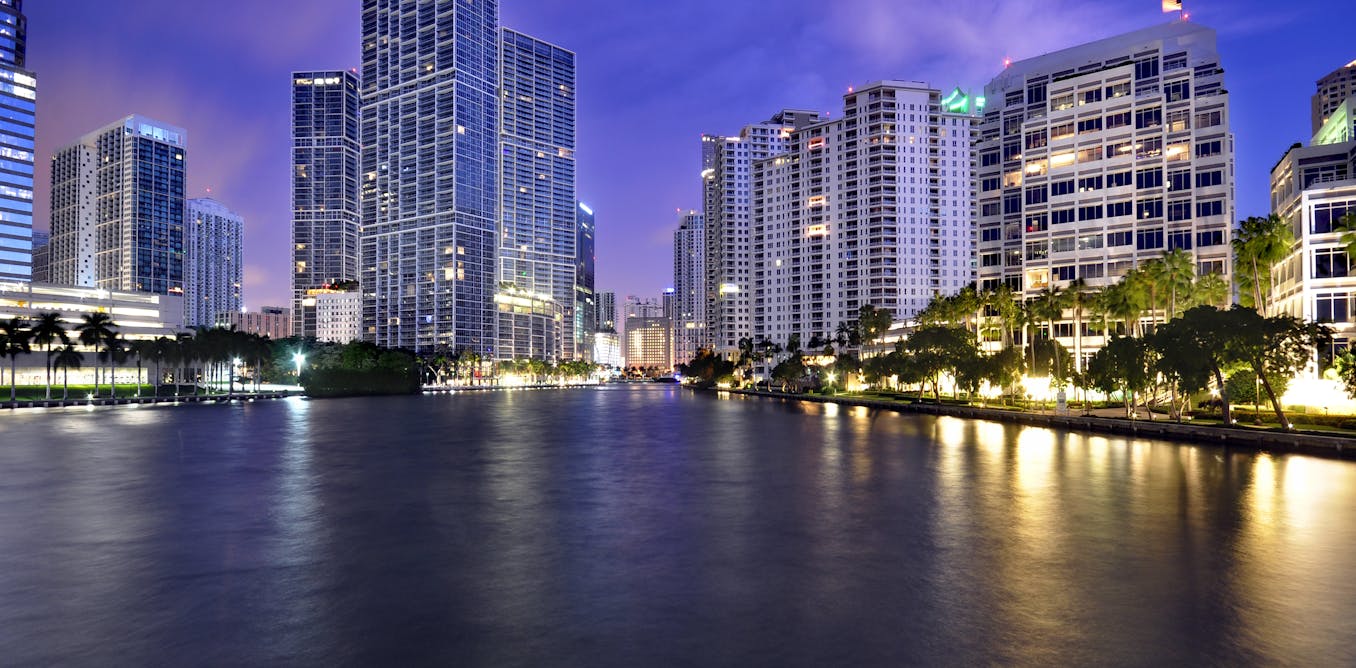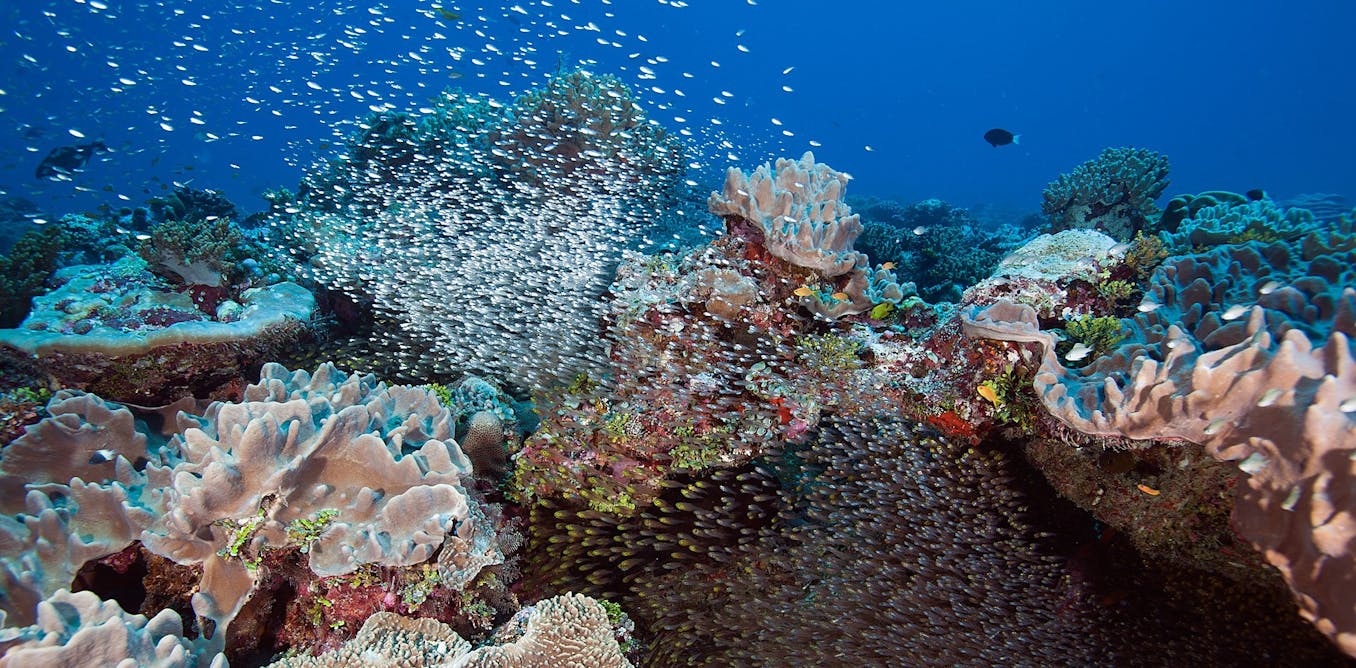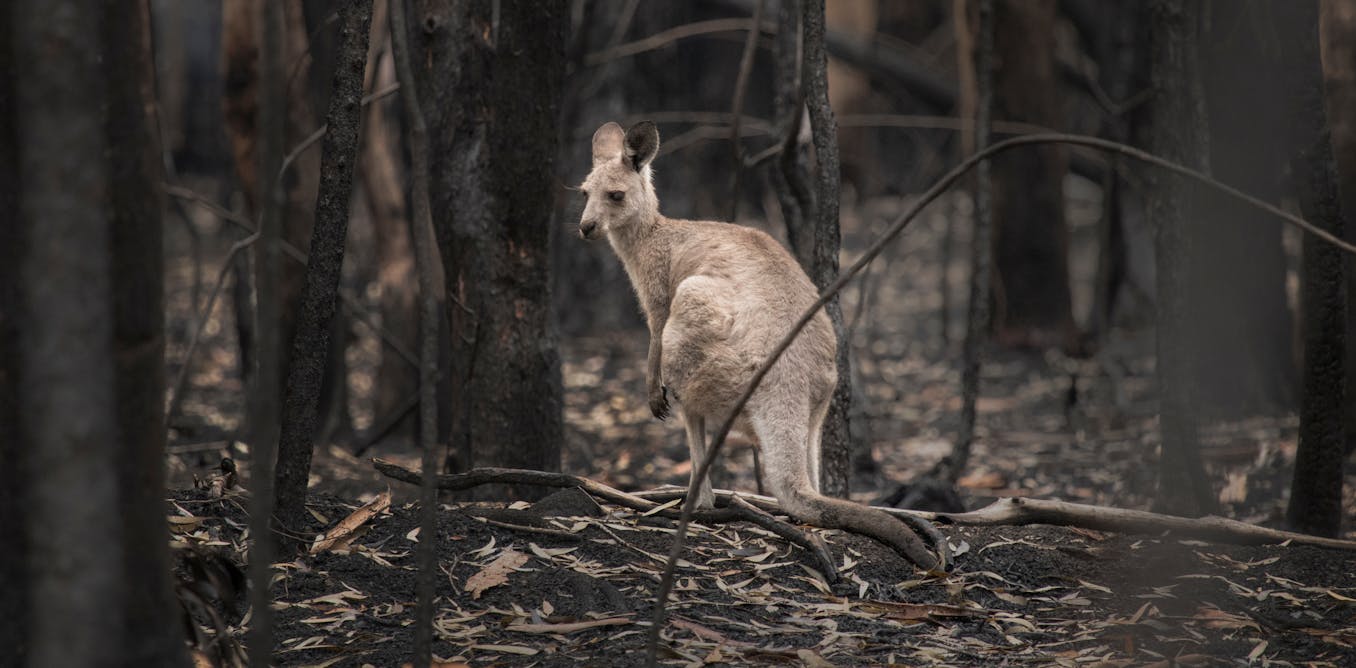Do chemicals in sunscreens threaten aquatic life? A new report says a thorough assessment is 'urgently needed,' while also calling sunscreens essential protection against skin cancer
Rising concern about possible environmental damage from the active ingredients in sunscreens could have ripple effects on public health if it causes people to use less of them.
Aug. 9, 2022 • ~10 min









